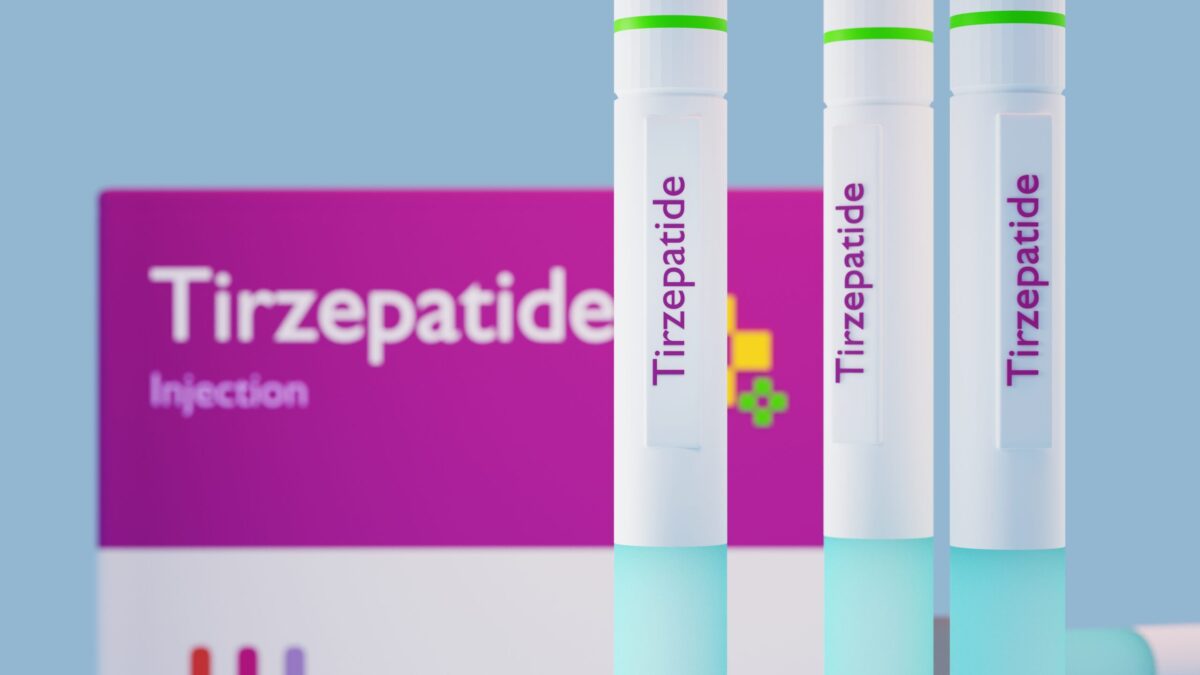A Phase III clinical trial being conducted in the UK plans to assess whether an inexpensive statin drug could be a potential treatment for multiple sclerosis (MS). The study coordinators plan to recruit over 1,000 patients with MS, and estimate the multi-year clinical trial will cost $7 million.
Funding for the clinical trial will come from a number of sources, including the National MS Society and the National Institutes of Health (NIH), both in the US, as well as the MS Society and the National Institute for Health Research in the UK.
The study investigators will test the cholesterol-lowering drug simvastatin in patients with secondary progressive MS (SPMS). While Roche’s MS drug Ocrevus was approved to treat both relapsing and primary progressive forms of the disease earlier this year, there are no regulator-approved treatments which address disability progression in patients with SPMS.
“This drug holds incredible promise for the thousands of people living with secondary progressive MS in the UK, and around the world, who currently have few options for treatments that have an effect on disability,” said Dr. Jeremy Chataway, of the UCL Institute of Neurology, London. “This study will establish definitively whether simvastatin is able to slow the rate of disability progression over a three year period, and we are very hopeful it will.”
In 2014, Chataway and his colleagues published a paper in the journal, The Lancet, detailing the results of a Phase II clinical trial of simvastatin in 140 patients with SPMS. The researchers found that patients taking simvastatin showed a reduction in the rate of brain atrophy, compared to the placebo. Those patients taking statins also reported better quality of life and an improvement in overall scores of disability over the two year study period.
“We are very pleased to be a partner in the public-private funding syndicate that was forged to support a phase 3 clinical trial of a repurposed, generic therapy for people with SPMS, for whom there are few treatment choices,” said Bruce Bebo, Executive Vice President, Research for the National MS Society.
The Phase III clinical trial will involve 1,180 individuals with SPMS, and will take an estimated 6 years to complete. Around 2.5 million people around the world have been diagnosed with MS, with 85 percent of these patients initially being diagnosed with relapsing-remitting MS (RRMS). This form of the disease can progress into SPMS within 10 years of a patient’s initial diagnosis if the disease is left untreated and symptoms worsen.
“I think it’s absolutely exciting news,” said Susan Stellmacher, a 62-year-old woman from Minneapolis who lived with SPMS. “There has been nothing for me…so to think that something so widely available and more affordable is possible – that’s exciting.”












Join or login to leave a comment
JOIN LOGIN